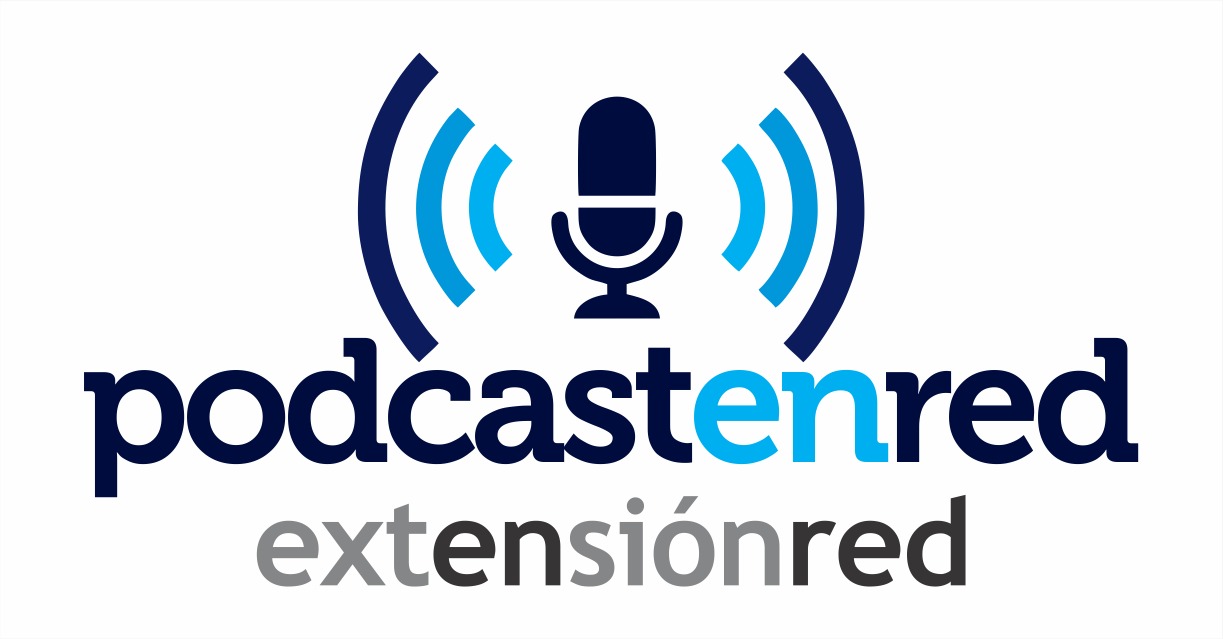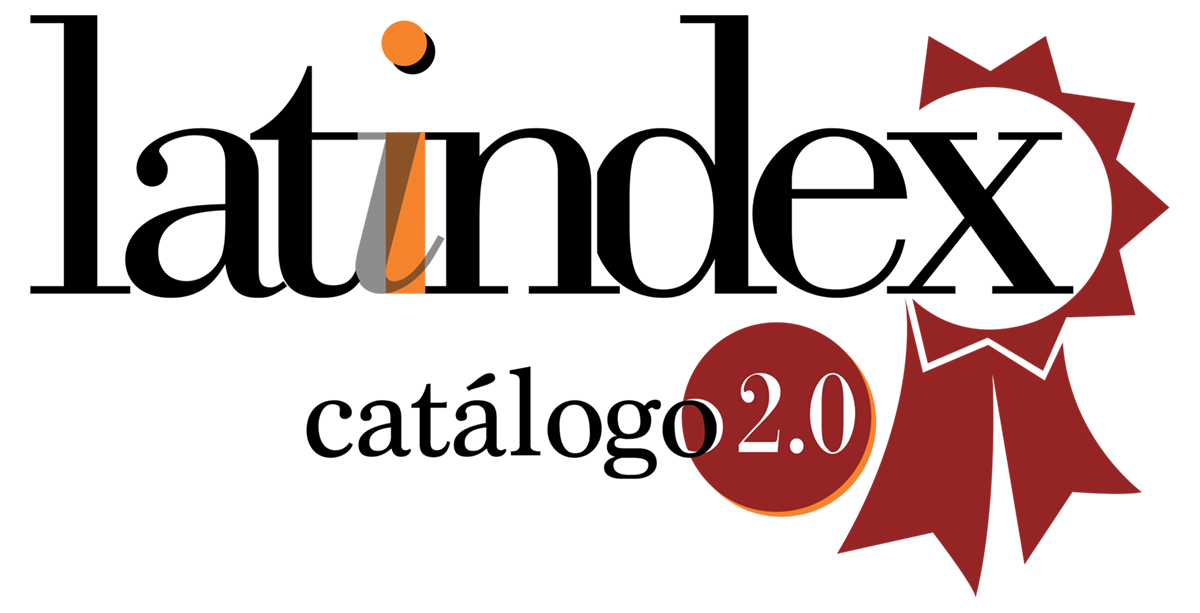Sports Practices and Children's Rights
«A child cannot be locked inside all day... he must be outside enjoying the sun»
DOI:
https://doi.org/10.24215/18529569e037Keywords:
sport, rights, childhood, integralityAbstract
The activity “Sports Practices and Children's Rights" was carried out by an interdisciplinary team of the Universidad de la República within the framework of the Integral Trajectories Project "Recreation, Sports Practices and Children's Rights". The activity sought to reflect and promote dialogue among its participating actors (girls, boys, families and teachers) in relation to the practice of sports and play in terms of children's rights. This activity contributed to the integration of the human rights perspective into outreach practices for children.
Downloads
References
Aisenstein, Á., Ganz, N. y Perczyk, J. (2002). La enseñanza del deporte en la escuela. Miño y Dávila.
Cagigal, J. M. (1979). Cultura Intelectual y cultura física. Kapeluz.
Engdah, I., Etchebehere, G. y Silva, F. (2019). El derecho al juego y la recreación de niñas y niñas en el siglo XX. En C. Torrado (Comp.), Ludicidad & Creatividad. APEX/UDELAR.
Etchebehere, G., De León, D. y Duarte, A. (2016). La construcción de un dispositivo pedagógico de formación integral en Psicología. InterCambios. Dilemas y Transiciones de la Educación Superior, 3(1), 80-87. https://ojs.intercambios.cse.udelar.edu.uy/index.php/ic/article/view/81
Freire, P. (1969) La educación como práctica para la libertad. Siglo XXI.
González Cúberes, M. (1990). El taller de los talleres. Estrada.
Hernández Moreno, J. (1994). Fundamentos del deporte. Análisis de las estructuras del juego deportivo. INDE.
Hernández Moreno, J., Castro Núñez, U., Cruz Cabrera, H, Gil Sánchez, G., Guerra Brito, G., Quiroga Escudero, M. y Rodríguez Ribas, J. P. (2002). Contribución a un léxico básico de praxiología motriz. Lecturas: Educación Física y Deportes, 8(53). http://www.efdeportes.com/efd53/prax.htm
Kaplún, G. (2013). La integralidad como movimiento instituyente en la universidad. InterCambios, (1). https://ojs.intercambios.cse.udelar.edu.uy/index.php/ic/article/view/11
Novella, A., Llena. A., Noguera, E., Gómez M., Morata T., Trilla, J., Agud, I. y Cifre-Mas, J. (2014). Participación Infantil y construcción de la ciudadanía. Graó.
Organización de Naciones Unidas. (ONU) (1989). Convención internacional sobre los derechos del niño. Nuevo Siglo.
Parlebas, P. (2001). Juegos, deportes y sociedad. Léxico de praxiología motriz. Paidotribo.
Parlebas, P. (1988). Elementos de sociología del deporte. Unisport.
Paya, A. (2018). La infancia tiene cada vez menos tiempo para jugar. Observatorio del Juego Infantil (OJI). http://www.observatoriodeljuego.es/
Ron, O. y Fridman, J. (2015). Educación Física, escuela y deporte: (Entre) dichos y hechos. Universidad Nacional de La Plata.
Ron, O. (2015). En C. Carballo (Coord.), Diccionario Crítico de la Educación Física Académica: rastreo y análisis de los debates y tensiones del campo académico de la educación física en Argentina (pp. 119-136). Prometeo.
Tavosnanska, P. (Comp.). (2009). Democratización del Deporte, la Educación Física y la Recreación. Aportes a la Integración Regional y a la Cooperación Institucional. Biotecnológia.
Fondo de las Naciones Unidas para la Infancia (UNICEF). (2013). Observaciones Generales del Comité de los Derechos del Niño. https://www.plataformadeinfancia.org/derechos-de-infancia/observaciones-generales-comite-derechos-del-nino/
Published
How to Cite
Issue
Section
License
Copyright (c) 2023 Ana Peri Hada, David Pérez López, Gabriela Etchebehere, Fernanda Silva

This work is licensed under a Creative Commons Attribution-NonCommercial-ShareAlike 4.0 International License.
The acceptance of an original by the journal implies the non-exclusive transfer of the patrimonial rights of the authors in favor of the publisher, who allows the reuse, after its edition (postprint), under a Creative Commons License Attribution-NonCommercial-ShareAlike 4.0 International.
According to these terms, the material can be shared (copy and redistribute in any medium or format) and adapted (remix, transform and create another work from the material), provided that a) the authorship and the original source of their publication (magazine and URL of the work) are cited, b) is not used for commercial purposes and c) the same terms of the license are maintained.
The assignment of non-exclusive rights implies that after postprint in Extensión en red authors may publish their work in any language, media and format; in that case, it is requested that they signal that the material was originally published by this journal.
Assignment also entails the authors’ authorization for the work to be collected by SEDICI, the institutional repository of the Universidad Nacional de La Plata, and for it to be indexed in the databases that the publisher thinks appropriate for enhancing the visibility of the published work and its authors.
In addition, the journal encourages authors to submit their works to other institutional and thematic repositories after their publication in Extensión en red, under the assumption that offering society unrestricted access to scientific and academic production contributes to a greater exchange in global knowledge.








.jpg)

.png)


.png)





















